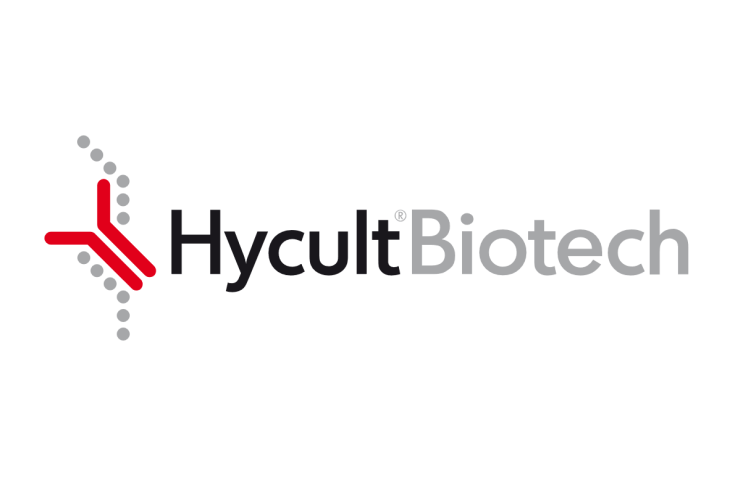-
Research area
- Biochemicals
- Blood and Biospecimens
- Cell biology
- Environmental
- Flow Cytometry
- Forensic Science
- Genomics
- Immunology
- Labware
- Microbiology
- Pathology
- Transplantation
429 Too Many Requests 429 Too Many Requests
nginx - Suppliers
- About us
- Resources
- Events
- Support
- Lab Services
- Promotions
Product description
The polyclonal antibody recognizes human indoleamine 2,3-dioxygenase (IDO). IDO is an intracellular heme-containing enzyme that catalyzes the oxidative cleavage of the indole ring of several important regulatory molecules, like tryptophan, serotonin and melatonin. By doing this, IDO initiates the production of biologically active metabolites, commonly referred to as kynurenines. IDO is widely expressed in a variety of human tissues as well as in macrophages and dendritic cells (DCs). In inflammation, interferons (IFNs) act on specific receptors to trigger IDO induction. The production of IFN-gamma and induction of IDO represent important antimicrobial mechanisms. Degradation and depletion of tryptophan by IDO inhibits the growth of viruses, bacteria and parasites. Furthermore, IDO plays a complex and crucial role in immunoregulation during infection, pregnancy, autoimmunity, transplantation, and neoplasia. By local depletion of tryptophan and increasing proapoptotic kynurenines, IDO greatly affects T-cell proliferation and survival, both in vitro and in vivo, and also affects B-cell and NK-cell function and survival. There is a central role for IDO expression in tolerance involving regulatory cells and DCs. IDO acts as an intermediate pathway in LPS-induced production of reactive oxygen species and NF-kappaB activation, two processes that lead to DC maturation. The polyclonal antibody is obtained after immunization of sheep with recombinant IDO. Reactivity of the polyclonal antibody with IDO has been confirmed on immuno blot with IFN-gamma stimulated human peripheral blood lymphocytes.
Specifications
Applications
FC, IHC-P, WB, ELISA, IF
Isotype
Sheep Ig
Supplier
Hycult Biotech
Shipping & storage
Shipping condition
Room Temperature
Storage temperature
2-8°C
Do you have any questions about this product?
Order your product by email
Productname
IDO, Human, pAb
HP5004-100UG
By filling out this form, you are placing an order by e-mail. You will receive an order confirmation within one working day. The order cannot be modified after receipt of the order confirmation.
Request a sample
Productname
IDO, Human, pAb
HP5004-100UG
By filling out this form, you request a sample. You will receive an order confirmation within one working day. The order cannot be modified after receipt of the order confirmation.
Are you looking for specific products, alternatives or documentation?











